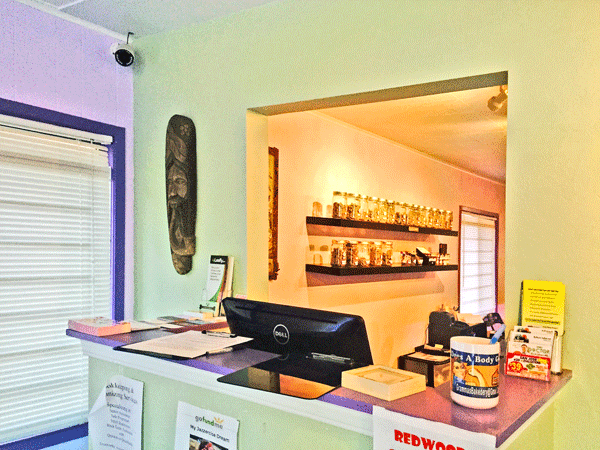Credit card transactions at cannabis clubs may be the future of buying the medicine. State Board of Equalization (SBOE) panel, comprised of industry leaders, politicians and financial experts convened their first meeting in Sacramento last week to discuss financial impacts of the booming industry, which currently operates on a cash only basis.
Board Member Fiona Ma, CPA led the meeting, with a statement that access to banking is one of the biggest challenges faced by medicinal marijuana providers.
“As we move towards a paperless society, it is unfair for a whole class of citizens to live their lives using cash and manual transactions,” she said.
Though the 1996 Proposition 215 legalized dispensary operations in California, cannabis club owners have been unable to function like any other business due to federal restrictions imposed on banks.
Jeff Angell of Creekside Collective in Boulder Creek said that prior to last year; he handled all his transactions by getting money orders and paying in cash. Approximately a year ago, one of the local banks created an infrastructure that allows medical marijuana dispensaries to open business accounts. Having that happen has been a time saver because it’s now easier to do basic things like payroll.
“I am encouraged by the meeting they have had because we believe in sensible regulations, and we are proud to pay taxes. That legitimizes us,” he said.
But despite the fact that Creekside Collective’s bank facilitates some of the day-to-day routines; the system has its limitations.
“Our situation is we are in the middle,” he said. “We have some access to banking, but we don’t have access to using credit cards. If we needed a line of credit, we couldn’t do it like any other business.”
Angell said that as far as he knows, none of the dispensaries are allowed to accept credit cards, and everyone faces the same obstacles when it comes to accounting.
“Our patients have to use ATM and get charged a fee,“ he said about the teller machine that’s on site. It’s so much more convenient when everywhere else you go you can use a credit card.”
Angell’s business currently serves a few hundred patients per month; some come more frequently than others. For everyone’s safety, cash is stored off site. There are security cameras inside and out, and overall Angell said he considers himself lucky to be the owner of a small dispensary in a peaceful community.
To keep up with fair reporting to the government, Angell uses a point of purchase system that tracks every transaction the collective makes. That way, should an audit occur, the information is all in one place. The collective also keeps a paper record of transactions with vendors.
Even if the SBOE meeting marks the first step to progress, decisions are expected to be slow going forward. Since Angell became owner of Creekside Collective in 2012, he has seen little change in the way the state handles medicinal marijuana commerce.
“Sadly, I don’t think we’ll see real change until Congress acts,” he said. “Because cannabis is considered a Schedule 1 Controlled Substance, the Feds have to do something about it.”












